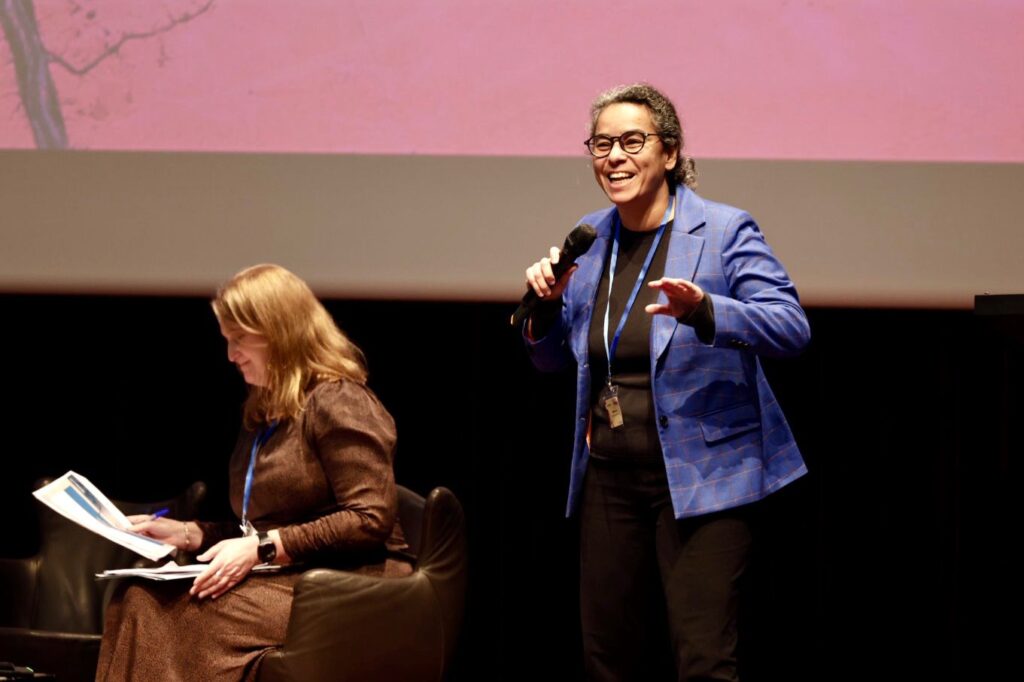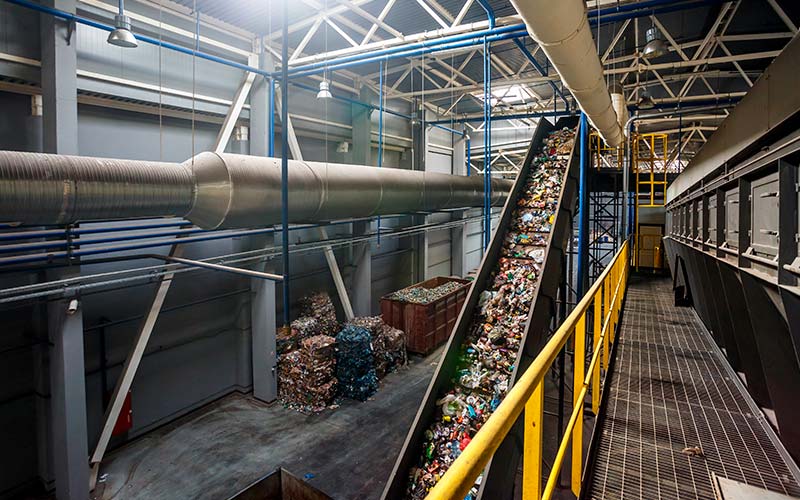Towards a green, circular and smart urban wastewater
This is the fourth installment of the Topic of the Month: FSR Women in Action
Maria Salvetti is a Part-time Professor and the Director of the FSR Water and Waste Area. She worked as a water economist and policy analyst for the past 20 years in several institutions, such as OECD, and World Bank.
Urban Wastewater in the European Green Deal
Approved in 2020, the European Green Deal is a set of policy initiatives by the European Commission to make the European Union (EU) climate-neutral in 2050. The European Green Deal aims to boost the efficient use of resources by moving to a clean, circular economy, stopping climate change, reverting biodiversity loss, and cutting pollution. It outlines investments needed and financing tools available and explains how to ensure a just and inclusive transition.
The European Green Deal covers all sectors of the economy, notably transport, energy, agriculture, buildings, and industries such as steel, cement, ICT, textiles, and chemicals. The EU Green Deal targets carbon neutrality, resource efficiency, and zero pollution. These targets are also embedded in the orientations for the revision of the Urban Wastewater Treatment Directive (UWWTD).
The Urban Wastewater Treatment Directive
The UWWTD revision proposes several measures that will be progressively applied until 2040 which include targets related to the development of circular economy practices (production and valorisation of biomethane from wastewater, reuse of treated wastewater), or the promotion of carbon and energy neutrality, while others focus on micropollutant treatment with financial contribution of pharmaceutical and cosmetic industrial groups.
As part of research work for WAREG, the association of European regulators in the drinking water and wastewater sector, the FSR Water area is focusing on the role of water regulators in achieving energy neutrality in the wastewater sector. At the 3rd European Forum on the Regulation of Water Services (EFRWS) which took place in Brussel in early December 2023, we shared preliminary results from this research project.
I discussed energy efficiency, neutrality, and climate neutrality, emphasising these as progressive steps in water management. I also highlighted the fragmented governance of the wastewater sector across different levels, from the EU to local entities, and the need for coordination among them. I reviewed national energy and climate plans, citing Denmark as a quite unique example of national and local coordination. I also explored how regulators currently promote energy efficiency and neutrality through KPIs and tariff methodologies. Additionally, I noted that utilities are often ahead of regulations, moving towards energy and climate neutrality faster than regulators. I concluded by analysing technical, legal, policy, and investment challenges in achieving these goals. This research work will be concluded by June 2024.
The FSR Water and Waste area
Water and municipal waste are close sectors that face common megatrends and challenges. Climate change, massive growth in population, rapid urbanisation, increasing pollution pressures, investment needs, cost-recovery, affordability, and accountability are some of the issues that both sectors have to address to become more resilient and shape a circular economy. The mission of the Florence School of Regulation (FSR) Water and Waste Area is to develop and spread ideas that can improve policy and regulation in these sectors. Learn more






